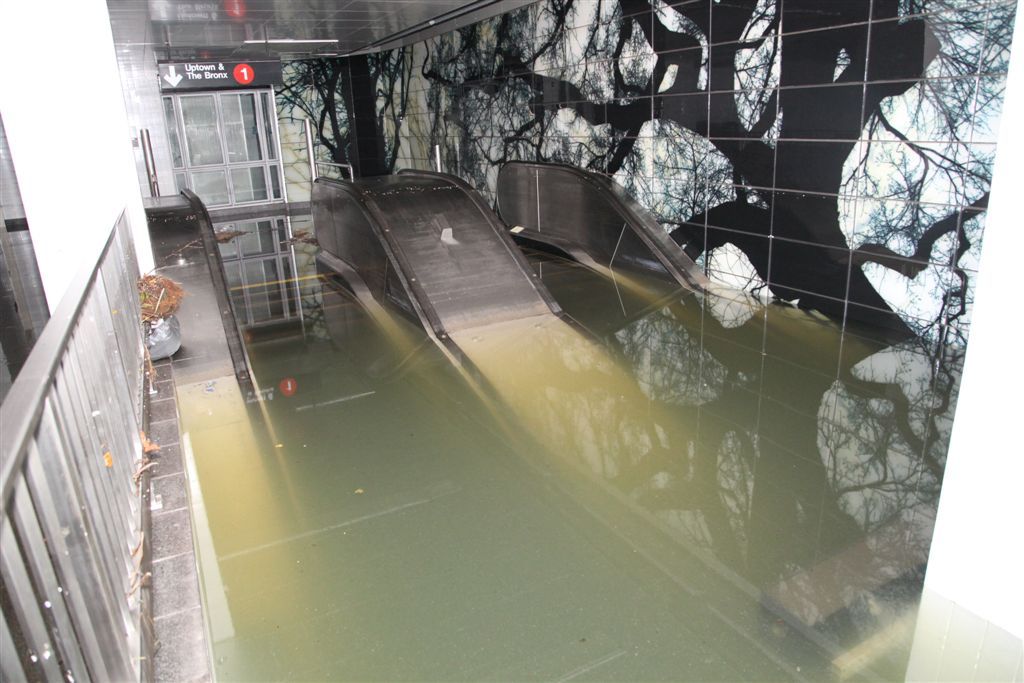The Hub 11/1/19: Clean Air Council’s Weekly Round-Up of Transportation News

“The Hub” is a weekly round-up of transportation related news in the Philadelphia area and beyond. Check back weekly to keep up to date on the issues Clean Air Council’s transportation staff finds important.
PlanPhilly: Not in my traffic lane: How Society Hill kept out safer bikeways –The bike lanes on Spruce and Pine Streets in Center City are major east west thorough-fares for cyclists. City officials recently made safety improvements to the lanes including moving them to the left side of the road and installing plastic delineator posts at intersections to slow turning traffic, however the delineator posts were never installed east of 8th Street. Society Hill Civic Association were unwilling to accept delineator posts through their neighborhood, despite the benefits for all road users.
The Inquirer: SEPTA’s old ‘We’re Getting There’ slogan has a legacy. Here’s how it got there. – The ‘We’re Getting There’ slogan entertained a generation of transit riders. In the mid 1980’s, SEPTA had a less than reliable reputation, and the tongue in cheek slogan was part of an ad campaign that brought awareness to the vast improvements being made to the system. Phased out in the late 1990’s, a few vintage panels could still be floating around the system, so keep your eyes peeled for SEPTA’s self aware slogan of yesteryear.
Boston Business Journal: Op-ed: An easy transportation fix? Commuter benefits – Congestion in Boston and other major cities has become a major public health issue. Employers can have serious impact by offering pre-tax transit benefits. These benefits save both employees and employers money. If you want to learn more about bringing commuter benefits to your workplace, email transportation@cleanair.org.
Next City: Can New York’s Transit Authority Lead the Way to a Carbon-Efficient Future – As the planet warms and sea levels rise, transit agencies will need to be at the forefront of climate resiliency efforts. New York City’s MTA is already having to reckon with the effects of climate change on the many bodies of water that converge in the 5 boroughs and beyond. Transit is an essential part of reducing greenhouse gas emissions. MTA alone avoids 19 million metric tons of CO2 by replacing car trips, while only emitting two metric tons.
CityLab: Why Are More Pedestrian and Cyclist Deaths Happening at Night – Deaths of people walking and biking at night have risen while nighttime motorist deaths have declined in the past year. Though the data clearly shows that this trend is occuring, the reasons why are being debated. Vehicles are being designed to be ever safer for motorists, but their design does not take into account the lethal potential for more vulnerable road users.
Image Source: NextCity

